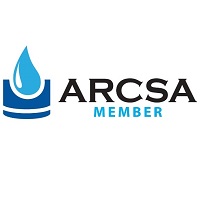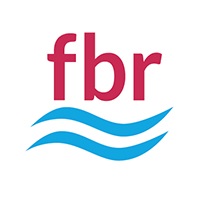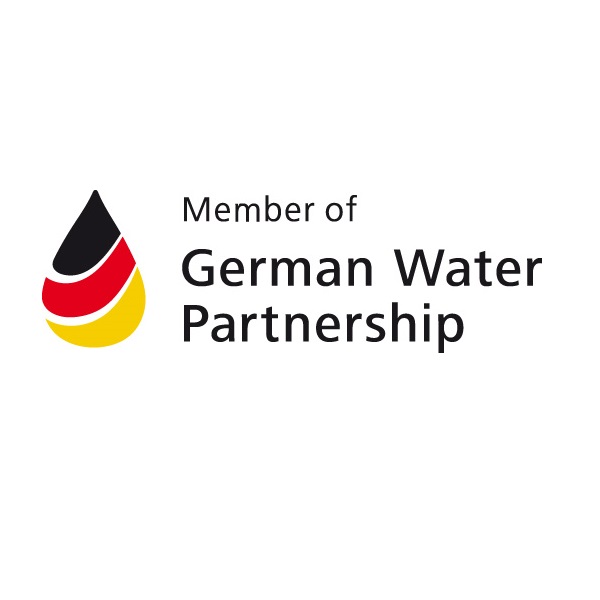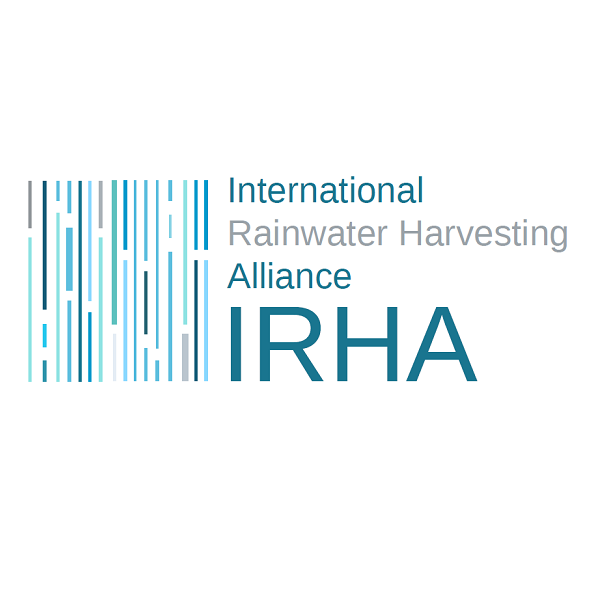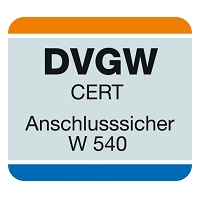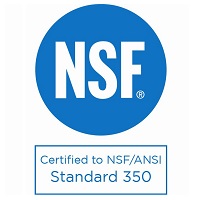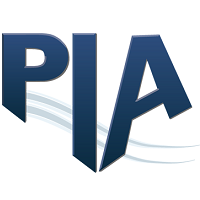Rainwater treatment for your home
Rainwater is low in lime and very soft, making it ideal as a source of drinking water for domestic homes. Save yourself expensive drinking water and wastewater fees by becoming your own decentralized supplier. Capture rainwater directly on site at your property and use it for sinks, showers or bathtubs. Make yourself independent with AQUALOOP water treatment technology.
Back to the "Water Future"
Water comes out of the tap, or so modern people take it for granted. But things won't go on like this forever, because the problems are increasing. It's worth taking a look at the past.
Stone Age
Early man drank surface water as a matter of course, the origin was rainwater.
Middle Ages - Modern Times
When people became sedentary, they therefore settled near water. Diseases occurred as a result of contamination, as well as bottlenecks in the supply.
Today
Today's contaminants, such as trace substances from medicine and agriculture, cannot be removed from the water by modern systems. Membrane filtration and digital monitoring systems, however, already allow the use of small decentralized systems today. With this technology, a rethinking could take place.
Vision
The vision is that, at least in areas with sufficient precipitation, the pure rainwater from each house could be collected decentrally and used directly on site.
Other advantages with rainwater
In many countries around the world, there is no stable water supply due to water shortages or power outages. In areas with a good water supply, self-sufficiency provides security in emergency situations.
Greater security through decentralized water supply
In the case of own water supply, treatment and filtration take place directly on site. This can offer greater safety compared to a centralized water supply, as contamination can enter the pipeline system on the sometimes very long route. Another aspect is the theoretical risk of central contamination or even an attack on the central water supply system. With the own water source such a danger is minimized.
The skin is not only the largest, but also the most versatile organ of the human organism. That is, beyond its basic functions, it serves, among other things, to maintain internal balance, acts as a contact and sensory organ, and also as a representative organ. Soft water also reduces the risk of skin irritation, especially in sensitive people.
According to dermatologist Dr. Weyl, this is where the skin comes into play as a sensory organ. The pressure receptors in the subcutis react positively to softer water and report a feeling of well-being to the brain. Hard, calcareous water, together with soap, forms insoluble salts, the so-called "lime soap," which remain on the skin and hair. With soft water, this unpleasant effect does not occur.
Especially for people suffering from neurodermatitis, the usually agonizing itching can be alleviated by soft water. This applies to eczema diseases of any genesis. Even with psoriasis and allergy-conditioned eczema of the scalp a relief of the complaints could be observed. The soft rainwater thus not only increases the feeling of well-being and makes the skin more supple, but it can also claim medical benefits.
Shiny hair on vacation in Italy, a straw-like feeling after washing in Munich? It's not imagination. Our hair reacts not only to shampoo and conditioner, but especially to what comes out of the tap. Soft rainwater is perfect and also saves shampoo.
If soft rainwater is used instead of hard city water, hair and skin care products can be saved.
Long-lasting clothes. Since lime also settles on clothing, fibers can lose their natural suppleness, putting extra strain on your laundry. Not only will you save on detergent, but you'll be able to wear your favorite sweater longer.
In many countries around the world, tap water is of such poor quality that it cannot be drunk without further treatment. In Germany, drinking water is one of the best controlled foodstuffs. But why is it that even here this drinking water is often not drunk from the tap and instead a lot of money is spent on buying bottled water?
Until a few years ago, mineral water not only had to have an "original purity" and could not be altered, but also had to be rich in minerals. This last passage has been overturned by EU legislation. Spring water is to be distinguished from mineral water. Spring water is water from underground deposits, which may, however, contain impurities. It must meet the criteria for drinking water. Table water is bottled water (can also be tap water); unlike spring and mineral water, it may have salts added. In particular, the nationally traded brands are relatively low in minerals.
Measured by the daily requirement, one would have to drink more than 8 l of water to cover the need of calcium and with magnesium it looks partly even worse. Therefore, you can drink tap water just as well. Important: Since the need for minerals is mainly covered by solid food, you can drink tap water just as well. Since the central task of water in the body is to be a transport medium and not a supplier of minerals, it is advantageous to drink water that is as pure as possible, such as rainwater.
For tea drinkers - Do you like to drink a nice cup of tea? Then soft water is just right for you! True tea connoisseurs have known it for a long time: soft water is indispensable for a perfect taste experience. Even the venerable English Royal Society of Chemistry calls soft water indispensable in its study on perfect tea preparation. And coffee lovers have also learned to appreciate the fact that soft water optimally dissolves the aromatic substances.
For pets - Almost everyone who has a pet that gets to go outside knows this. If they have the choice between rain and tap water, the natural rain water is preferred. Dogs and cats have a very fine nose. Bacteria are neutralized by the stomach acid. The composition of the ingredients of the water influences the taste. Dogs and cats also dislike the taste of chlorine and hard water.
For plants - The soft rainwater is ideal for plants in the garden. Many plants tolerate rainwater better than hard drinking water, for example, rhododendrons or geraniums.
Functionality
The so-called "roof run-off water" is first pre-filtered via a PURAIN filter (1) before it enters the cistern. The skimmer overflow of the PURAIN filter removes surface contamination. The integrated backflow flap (2) prevents small animals and dirt from entering the cistern. The calming pot prevents soil sediment from being stirred up.
The RAINMASTER Favorit 40-SC (6) pumping system draws rainwater from the cistern via a suction pipe (4) with floating suction filter and presses it through the AQUALOOP-direct (8) ultrafiltration unit. Due to the small membrane pore size of 0.02 µm, particles, bacteria and even viruses are retained. Pressure surges are buffered via an expansion vessel (7). After this membrane filtration, the water passes through an additional UV unit (9) for redundant disinfection before it reaches the consumers. When a consumer such as toilets, washing machines, showers, bathtubs, washbasins and the garden system is opened, the pump unit automatically detects a drop in pressure and starts. If there is not enough rainwater available, the RAINMASTER Favorit 40-SC automatically supplies the consumers with drinking water via an integrated, DVGW-certified makeup water supply.
Note: The compliance and inspection of the water quality as well as the maintenance of the system is the sole responsibility of the operator. Cross connections to the public water system are not permitted. The water is to be used only for the operator's own consumption without any further approvals.
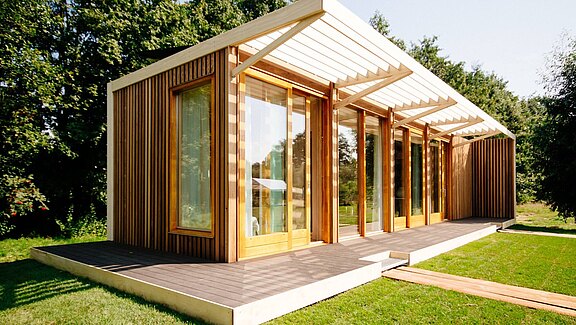
Potable water production for a tiny house
The tiny house stands for a special way of life where nothing is missing, every cubic meter is used optimally. Drinking water production is possible and makes the resident even more self-sufficient. So only the rainwater of the roof is available for the supply. In addition, of course, extremely little space is available for the technology.
Good to know
If you already have a rainwater system, expanding it to use rainwater for showering or drinking is often easy. In the INTEWA Wiki, you can first estimate your additional, approximate water requirements. Together with the rainwater yield in your area, it can then be determined if you have enough rainwater and if your storage size is sufficient.
If not, see if you can connect more area.
Alternatively, graywater recycling is recommended. Simply reuse the rainwater you showered with and feed it into the former service water circuit, which already exists, of your rainwater system.
If you have any questions, we will be happy to help you!
With the AQUALOOP treatment technology, you get your own drinking water, which does not exceed the limits set in the local drinking water regulations (except in case of very high air pollution). In addition, the own water often has other advantages compared to the city water.
The system operator is responsible for maintaining and verifying quality. You should have a water analysis done after the initial installation and at regular intervals.
A detailed technical article on the subject of “Drinking water from rainwater - decentralized systems, experiences, possibilities and barriers” can be found here.

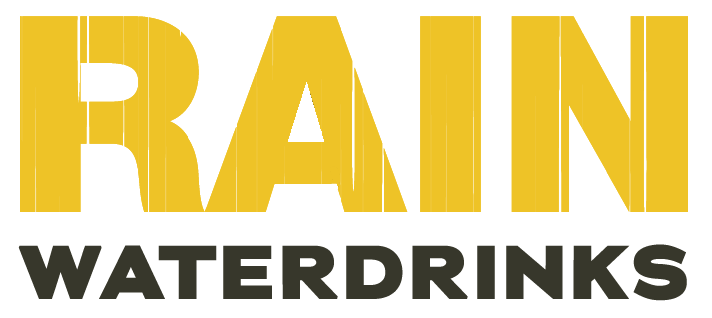
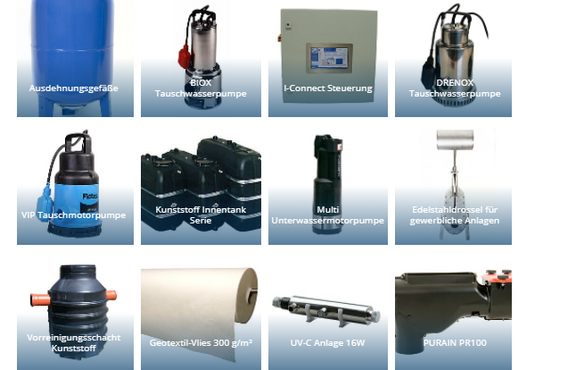
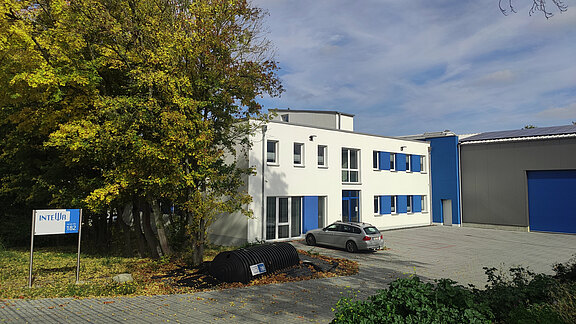
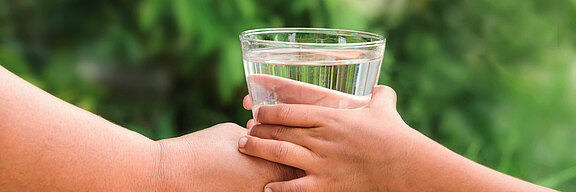
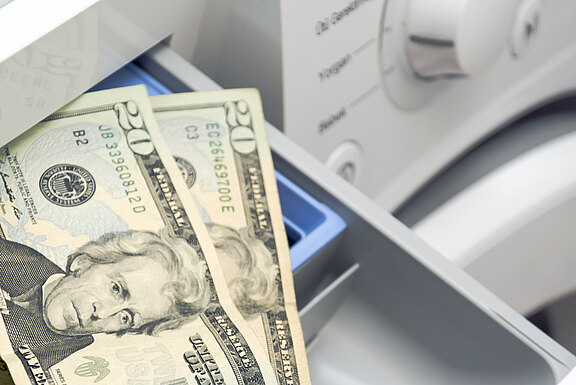
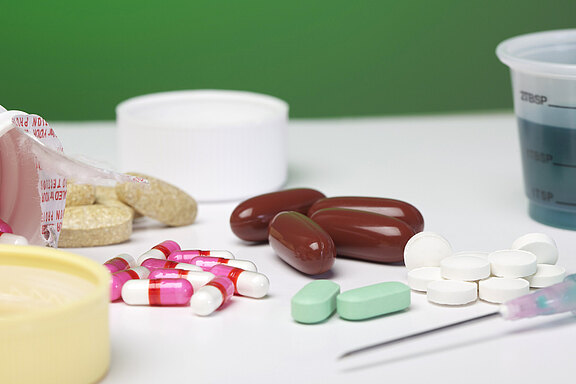
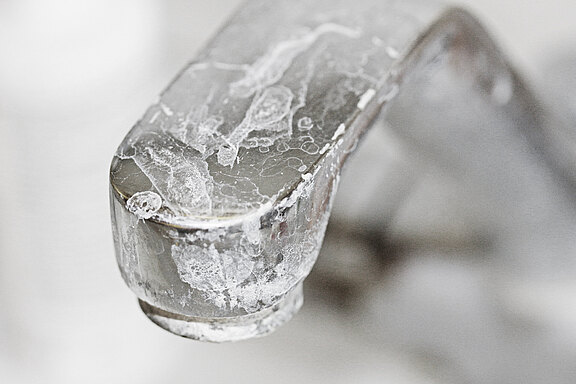

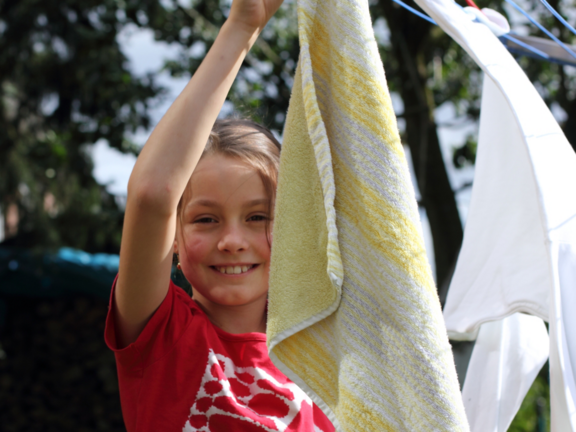
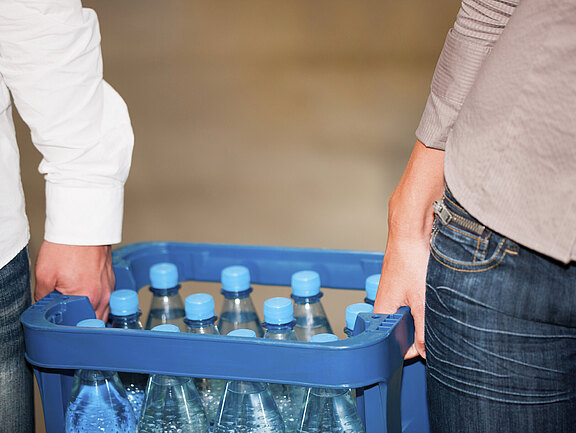
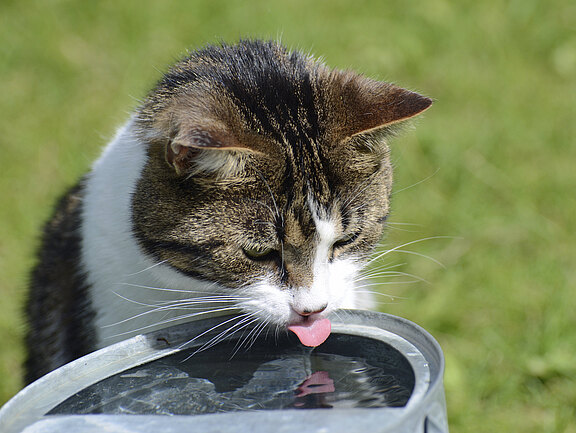


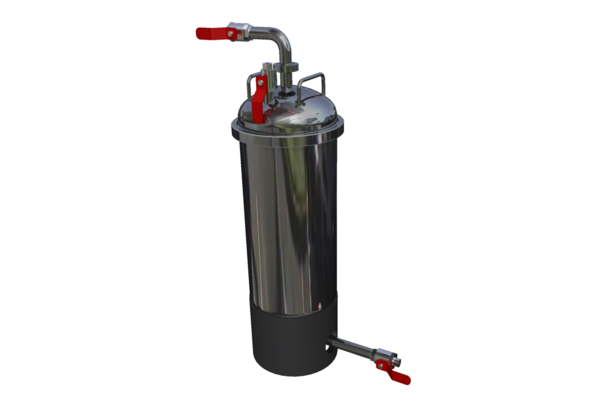
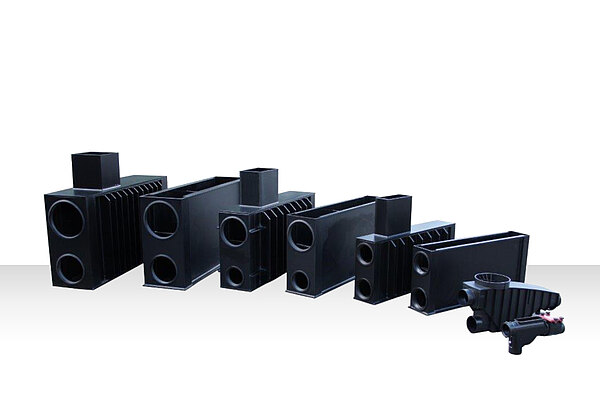
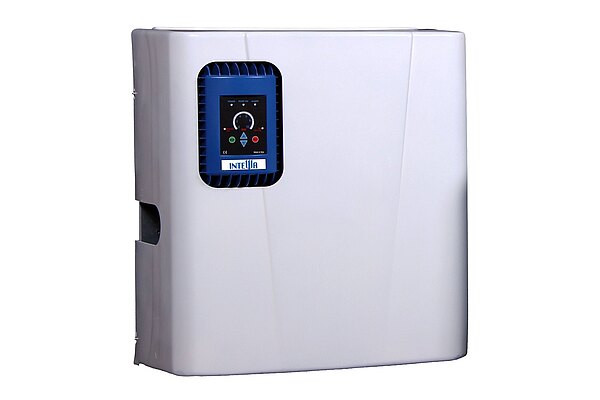
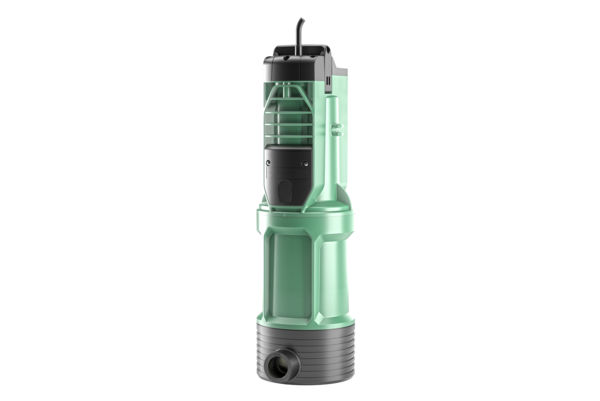
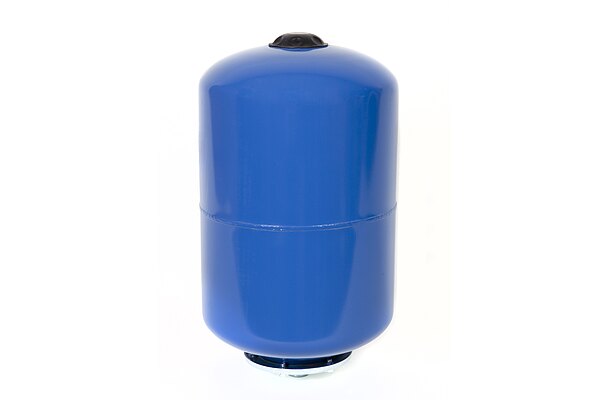
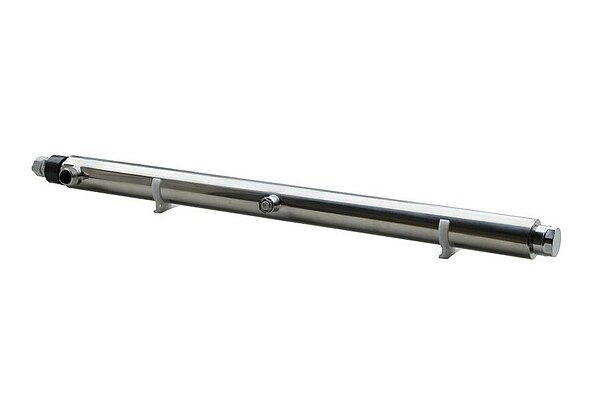
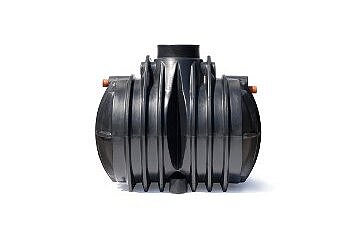
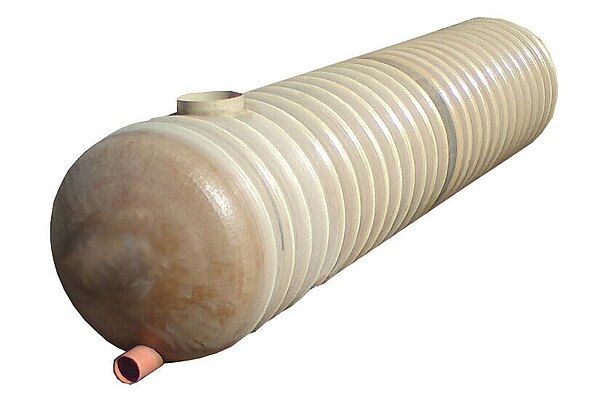

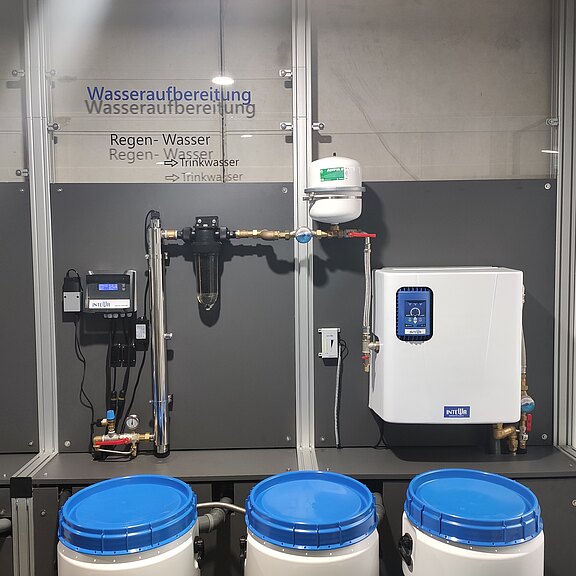
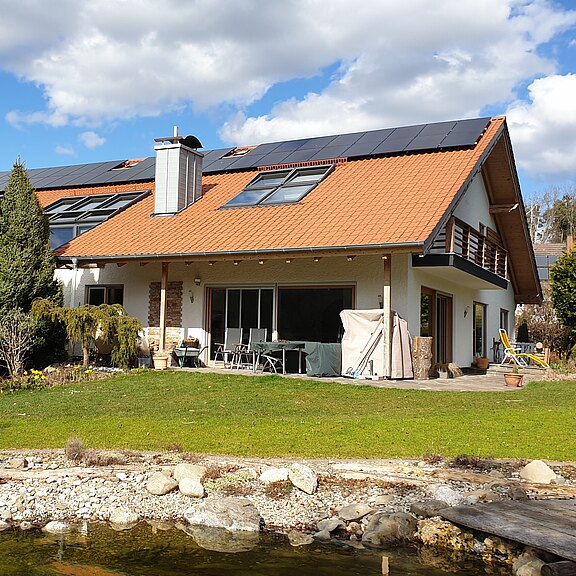
![[Translate to English:] [Translate to English:]](/fileadmin/_processed_/e/7/csm_1900_PR_Kendeda_Building_Bild_3_83055de532.jpg)
![[Translate to English:] [Translate to English:]](/fileadmin/_processed_/c/9/csm_AL_Referenz_Siegers_c8841f4d10.jpg)
![[Translate to English:] [Translate to English:]](/fileadmin/_processed_/7/f/csm_1900_RWN_AL_RM_One-Maple-Lane_Singapur_1_81f3efd858.jpg)
![[Translate to English:] [Translate to English:]](/fileadmin/_processed_/e/8/csm_2017_TWvRW_AL_RM_PR_Viehtr%C3%A4nke_1_b38881b97b.jpg)
![[Translate to English:] [Translate to English:]](/fileadmin/_processed_/d/4/csm_2016_TWvRW_AL_PR_TinyHouse-Venlo_1_a0fb44e64a.jpg)
![[Translate to English:] [Translate to English:]](/fileadmin/_processed_/e/e/csm_2016_TW-von-RW_AL_EFH_Schwarzwald_DE_2_9112e75295.jpg)
![[Translate to English:] [Translate to English:]](/fileadmin/_processed_/1/d/csm_1700_AL_Tiny_house_US_Bild_124412f578.jpg)
![[Translate to English:] [Translate to English:]](/fileadmin/_processed_/3/d/csm_2017_GW-R_AL_RM_PR_MFH_M%C3%BCnchen_DE_5_f15f01d24f.jpg)
![[Translate to English:] [Translate to English:]](/fileadmin/_processed_/b/9/csm_Bild_81c8ab36d7.jpg)
![[Translate to English:] [Translate to English:]](/fileadmin/_processed_/0/c/csm_Bild_2420dc3ef6.jpg)
![[Translate to English:] [Translate to English:]](/fileadmin/_processed_/7/d/csm_Bild_042c16b496.jpg)
![[Translate to English:] [Translate to English:]](/fileadmin/_processed_/e/1/csm_2017_TW-von-OW_AL_RM_EFH_Eifel_DE_4_9720cf516c.jpg)
![[Translate to English:] [Translate to English:]](/fileadmin/_processed_/2/0/csm_1400_PR_gulf_state_park_a8ec41a933.png)
![[Translate to English:] [Translate to English:]](/fileadmin/_processed_/1/7/csm_1500_GWR_AL_PR_Opawa_1_0958e12e2a.jpg)
![[Translate to English:] [Translate to English:]](/fileadmin/_processed_/3/d/csm_AL_GWN_Ringelstein_7e13122deb.jpg)
![[Translate to English:] [Translate to English:]](/fileadmin/_processed_/b/4/csm_1412_RWN_AL_RM_PR_Ecobuilt_Christchurch_1_752519bcd8.jpg)
![[Translate to English:] [Translate to English:]](/fileadmin/_processed_/b/1/csm_1605_GWR_AL_EFH_Versfeld_3_50415c561e.jpg)
![[Translate to English:] [Translate to English:]](/fileadmin/_processed_/b/f/csm_1305_GWR_AL_EFH_Breclav_1_78458049c4.jpg)
![[Translate to English:] [Translate to English:]](/fileadmin/_processed_/d/a/csm_1408_GWR_AL_EFH_Prag_1_b859f17cc6.jpg)
![[Translate to English:] [Translate to English:]](/fileadmin/_processed_/9/4/csm_1500_GWR_AL_RM_EFH_Auckland_3_4455d752d0.jpg)
![[Translate to English:] [Translate to English:]](/fileadmin/_processed_/b/d/csm_AL_Kandaw-Gyi-Lake_e1b15acec7.jpg)
![[Translate to English:] [Translate to English:]](/fileadmin/_processed_/b/3/csm_AL-Hlang_River_c6026392c8.jpg)
![[Translate to English:] [Translate to English:]](/fileadmin/_processed_/5/a/csm_Bild_7df9bd879e.jpg)
![[Translate to English:] [Translate to English:]](/fileadmin/_processed_/6/7/csm_Bild_6b384f9f98.jpg)
![[Translate to English:] [Translate to English:]](/fileadmin/_processed_/3/7/csm_Bild_fdedfa32a7.jpg)
![[Translate to English:] [Translate to English:]](/fileadmin/_processed_/0/6/csm_Bild_207e5c6182.jpg)
![[Translate to English:] [Translate to English:]](/fileadmin/_processed_/8/b/csm_Bild_6222dc6ab2.jpg)
![[Translate to English:] [Translate to English:]](/fileadmin/_processed_/f/3/csm_GWR_AL_Queenstown_5ba5cc3a56.jpg)
![[Translate to English:] [Translate to English:]](/fileadmin/_processed_/c/4/csm_INTEWA_AQUALOOP_Tap_Kerala_Indien_2_2ca0ff9615.jpg)
![[Translate to English:] [Translate to English:]](/fileadmin/_processed_/c/e/csm_HWQ-Ecomater_3280bc0b7f.jpg)
![[Translate to English:] [Translate to English:]](/fileadmin/_processed_/8/2/csm_0000_RWN_RM_PR_EFH_Parker_Bild_1_12b89a7fe4.jpg)
